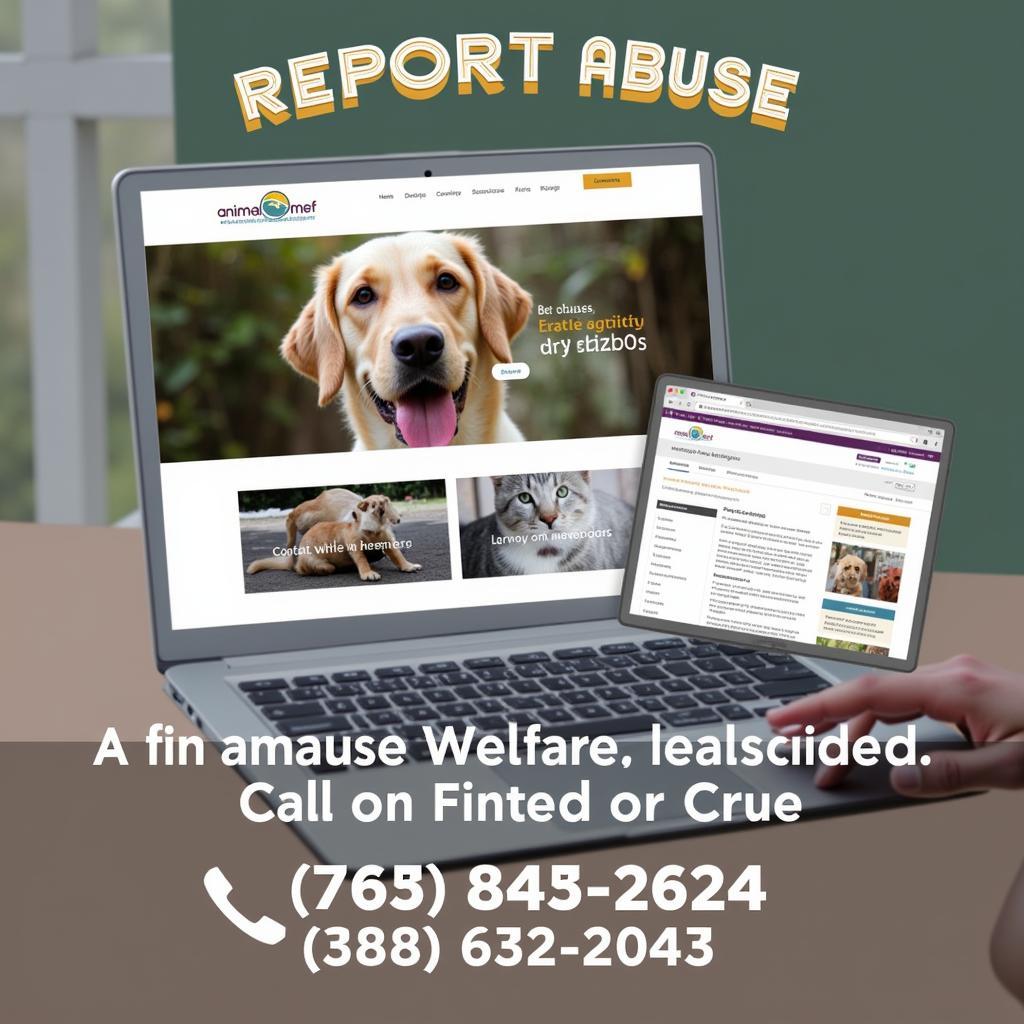Horse beastiality is a disturbing topic that requires open and honest discussion. This act, involving sexual contact between a human and a horse, is illegal and ethically reprehensible. It is crucial to understand the legal, ethical, and welfare implications surrounding this issue.
The Legality of Horse Beastiality
In almost all jurisdictions worldwide, horse beastiality is illegal. Laws vary in their specific terminology and sentencing, but the underlying principle remains consistent: animals cannot consent to sexual activity. These laws are in place to protect animals from exploitation and abuse. Penalties for engaging in beastiality can include fines, imprisonment, and mandatory psychological evaluation.
The Ethical Implications of Beastiality
Beyond the legal ramifications, horse beastiality poses serious ethical concerns. Horses are sentient beings capable of experiencing pain, fear, and distress. Forcing them into sexual acts violates their fundamental right to a life free from abuse and exploitation. It disregards their inherent value and reduces them to objects for human gratification.
The Impact on the Horse’s Welfare
The act of beastiality can cause significant physical and psychological harm to the horse. Physical injuries, infections, and psychological trauma are common consequences. The power dynamic between a human and a horse inherently creates a situation where the horse cannot escape or resist, leading to profound emotional distress.
 Horse Showing Signs of Distress After Abuse
Horse Showing Signs of Distress After Abuse
Recognizing and Reporting Horse Beastiality
It’s vital for individuals to be aware of the signs of potential animal abuse, including beastiality. These signs may include unexplained injuries to the animal’s genital area, changes in behavior like fear or aggression towards humans, and unusual or excessive vocalizations. If you suspect animal abuse, it’s crucial to report it to the appropriate authorities immediately. Your vigilance can help save an animal from further harm.
Resources for Reporting Animal Abuse
Several organizations are dedicated to protecting animal welfare and investigating cases of abuse. The American Society for the Prevention of Cruelty to Animals (ASPCA) and the Humane Society of the United States (HSUS) are excellent resources for reporting suspected cases of beastiality and other forms of animal cruelty.
 Reporting Animal Abuse Online
Reporting Animal Abuse Online
Prevention and Education: Key to Ending Animal Abuse
Education plays a crucial role in preventing animal abuse, including beastiality. Openly discussing this difficult topic can help raise awareness and understanding of the issue. Promoting empathy and respect for animals from a young age is essential for fostering a society that values animal welfare.
Addressing the Root Causes
Understanding the motivations behind beastiality is complex and often involves underlying psychological issues. Addressing these issues through appropriate therapeutic interventions can help prevent future instances of abuse.
 Educational Materials about Animal Welfare
Educational Materials about Animal Welfare
Conclusion
Horse beastiality is a serious crime and a grave ethical violation. It inflicts immeasurable suffering on innocent animals and demands our attention and action. By understanding the legal and ethical implications, recognizing the signs of abuse, and actively reporting suspected cases, we can work towards protecting horses and other animals from this horrific form of cruelty. Let’s continue to advocate for animal welfare and create a world where all creatures are treated with respect and compassion.
FAQ
-
What are the legal penalties for horse beastiality? Penalties vary by jurisdiction but can include fines, imprisonment, and mandatory psychological evaluation.
-
How can I report suspected animal abuse? Contact your local animal control agency, the ASPCA, or the HSUS.
-
What are some signs of animal abuse? Unexplained injuries, changes in behavior, and unusual vocalizations.
-
How can we prevent animal abuse? Through education, promoting empathy, and addressing underlying psychological issues.
-
What resources are available for victims of animal abuse? Organizations like the ASPCA and HSUS offer resources and support.
-
Where can I find more information about animal welfare laws? Check your state’s legislature website and animal welfare organizations.
-
How can I support organizations fighting animal cruelty? You can donate, volunteer, or spread awareness about their work.
Other related articles you might find helpful:
- Recognizing Signs of Animal Abuse
- Responsible Horse Ownership
- Understanding Equine Behavior
When you need support please contact Phone Number: 0772127271, Email: [email protected] Or visit us at: QGM2+WX2, Vị Trung, Vị Thuỷ, Hậu Giang, Việt Nam. We have a 24/7 customer service team.